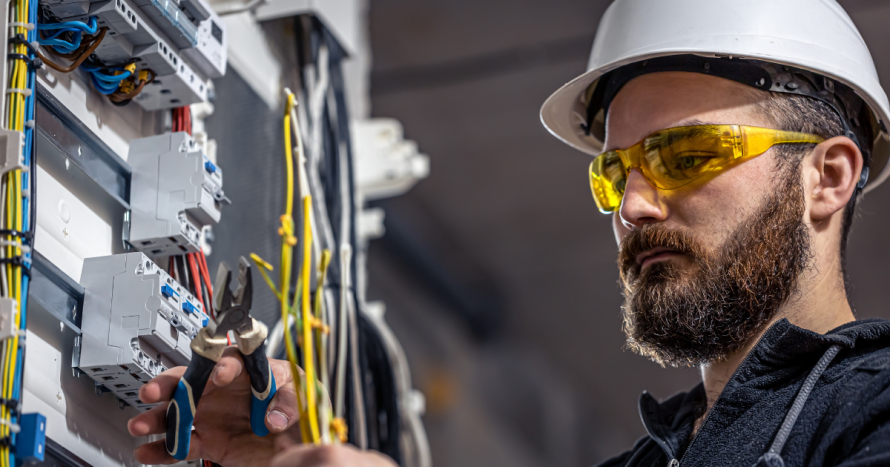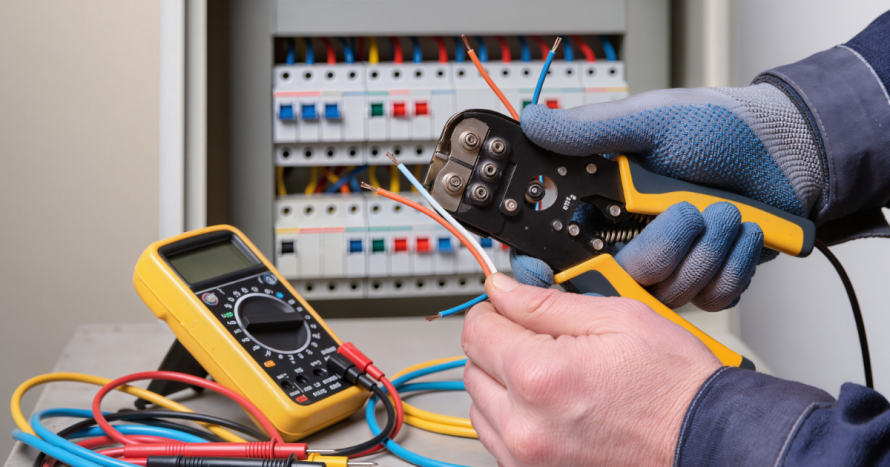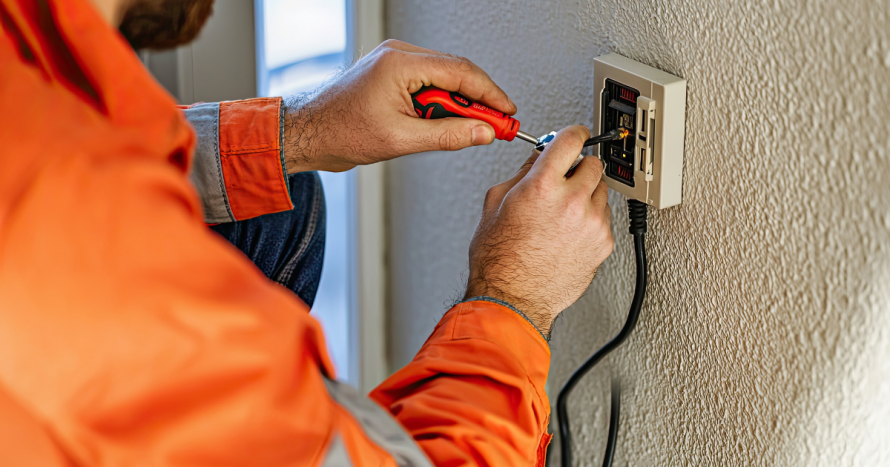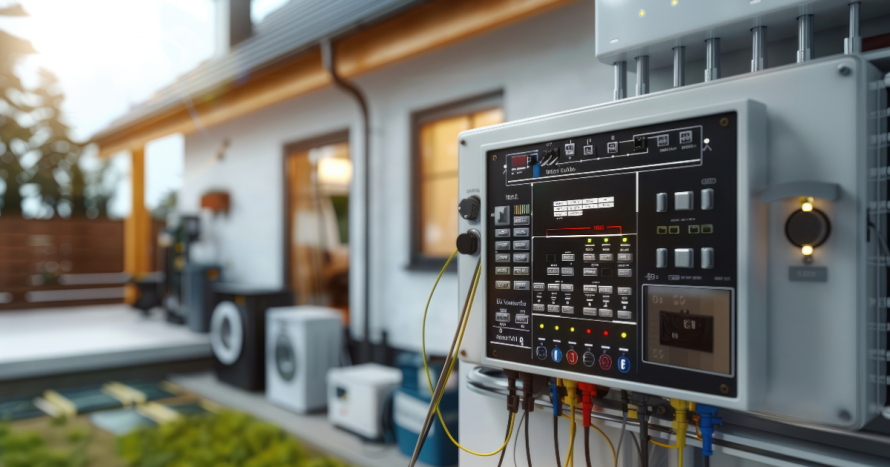How to Find the Best Tallahassee Electrician: A Guide for Homeowners
Hiring an electrician shouldn’t feel like a gamble. But let’s be honest, sometimes it does. One wrong call and you’re stuck with missed appointments, mystery charges, or work that doesn’t feel quite right.
How do you find a Tallahassee electrician you can trust? One who shows up, knows their stuff, and treats your home or business with care?
Key Takeaways:
- Licensing and local experience matter more than flashy ads
- Reviews tell a story, but knowing what to look for matters
- A good electrician explains the “why,” not just the fix
- Local knowledge helps avoid common Tallahassee-specific issues
- Trust is built through transparency, not pressure
First Things First: Licensing Isn’t Optional
Here’s the thing. In Florida, electricians must be licensed. That license proves training, testing, and accountability. If someone can’t clearly explain their credentials or dodges the topic, that’s a red flag waving in the wind.
You can verify licensing through the Florida Department of Business & Professional Regulation.
Local Experience Counts More Than You Think
Electrical work isn’t one-size-fits-all. Tallahassee homes and buildings come with their own quirks. Older wiring, storm-related wear, generator setups, and frequent humidity-related issues all play a role.
A local electrician understands:
- How seasonal storms affect electrical systems
- Common panel and wiring issues in older Tallahassee neighborhoods
- Local codes and inspection expectations
That kind of familiarity saves time and prevents surprises.
Reviews Matter, But Read Between the Lines
Star ratings are helpful, sure. But don’t stop there.
Look for patterns in reviews:
- Do people mention communication and cleanliness?
- Are timelines respected?
- Do customers feel informed, not confused?
A great electrician doesn’t just “fix the issue.” They explain what happened and why. That builds trust.
Also, watch for overly generic reviews. Real ones usually specify services such as lighting installations, inspections, or panel work.
Transparency Beats Speedy Promises
We all love fast service. But rushing electrical work is never a good sign.
A quality electrician will:
- Ask questions before quoting
- Explain options instead of pushing one solution
- Be clear about pricing upfront
If someone promises a fix without even seeing the issue, pause. Electrical systems are layered. Anyone worth hiring knows that.
Residential and Commercial Needs Are Different
Some electricians only focus on one or the other. That’s not bad, but you should know which camp they’re in.
If you’re a homeowner, look for someone experienced with:
- Lighting upgrades
- Panel replacements
- Generator outlets
- Safety inspections
If you’re a business owner, experience with commercial wiring, load planning, and compliance is key.
For example, Meeks Electrical offers a full range of residential services for Tallahassee homeowners and supports commercial projects that require careful planning and coordination.
Safety Knowledge Is Non-Negotiable
Good electricians talk about safety. Great ones prioritize it.
They should be comfortable discussing:
- GFCI and AFCI protection
- Proper grounding
- Load balancing
- Fire prevention
If you want to understand what safe electrical systems actually look like in Tallahassee homes and businesses, this safety guide is a helpful reference.
For broader safety standards, the National Fire Protection Association (NFPA) is also a solid resource.
Trust Your Gut (It’s Smarter Than You Think)
Here’s a subtle truth. Most people know when something feels off.
If an electrician:
- Talks down to you
- Brushes off questions
- Feels rushed or dismissive
That’s probably not your person.
On the flip side, someone who listens, explains, and treats your space with respect? That’s usually a good sign.
A Note on Choosing Local
Finding the best Tallahassee electrician isn’t about chasing perfection. It’s about choosing someone qualified, communicative, and rooted in the community.
If you’re looking for guidance, asking questions, or want a second opinion, reaching out to a trusted local company like Meeks Electrical is a solid place to start.
No pressure. Just clear answers and reliable help when you need it.
FAQ: Tallahassee Electricians
How much does an electrician cost in Tallahassee?
Costs vary based on the job. Small repairs differ from panel upgrades or commercial work. A good electrician will explain pricing clearly before starting.
Should I hire the cheapest electrician?
Not always. Low prices can mean shortcuts. Look for value, transparency, and experience over just the lowest price.
Do electricians handle inspections?
Yes, many do. Electrical inspections are a smart move when buying, selling, or maintaining property.
How can I verify whether my electrician is licensed?
You can ask directly and verify through the Florida DBPR website.
Is it better to use a local electrician?
Often, yes. Local electricians understand area-specific codes, weather impacts, and common system issues.





